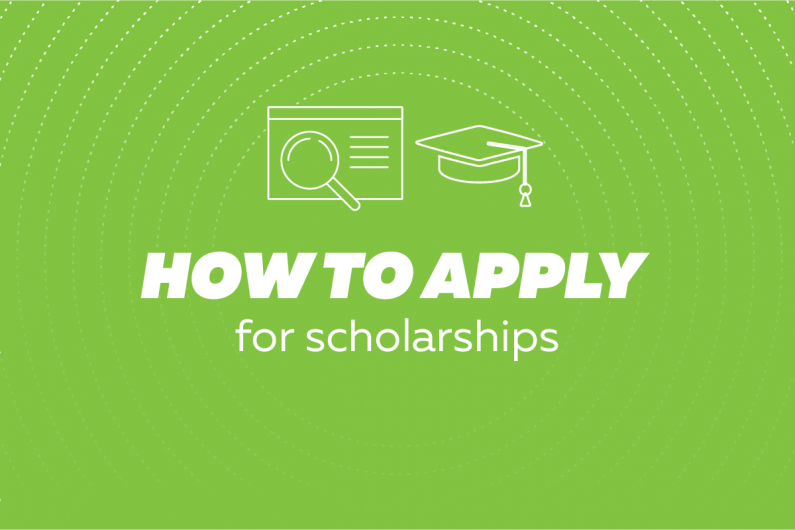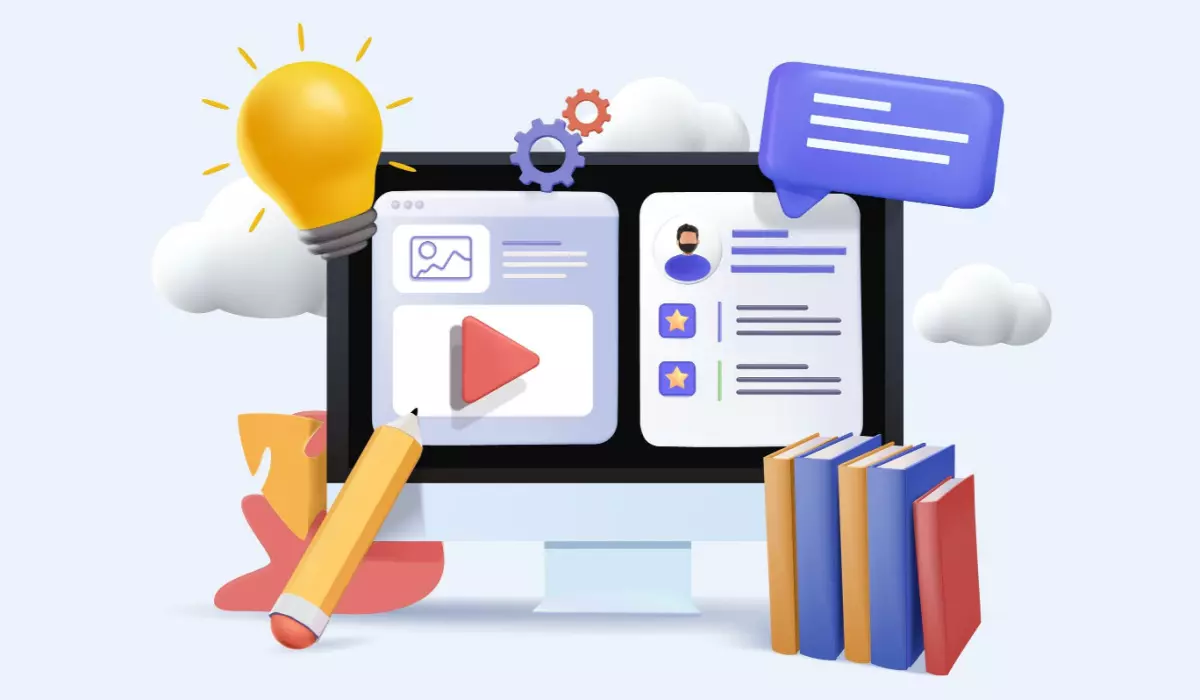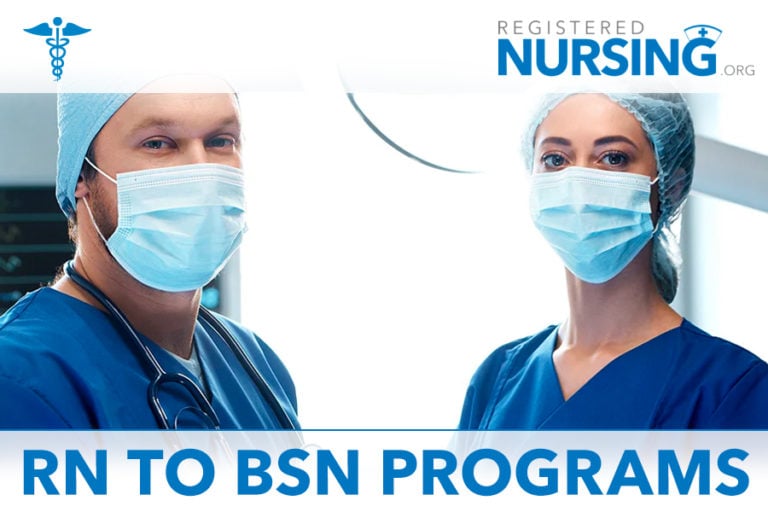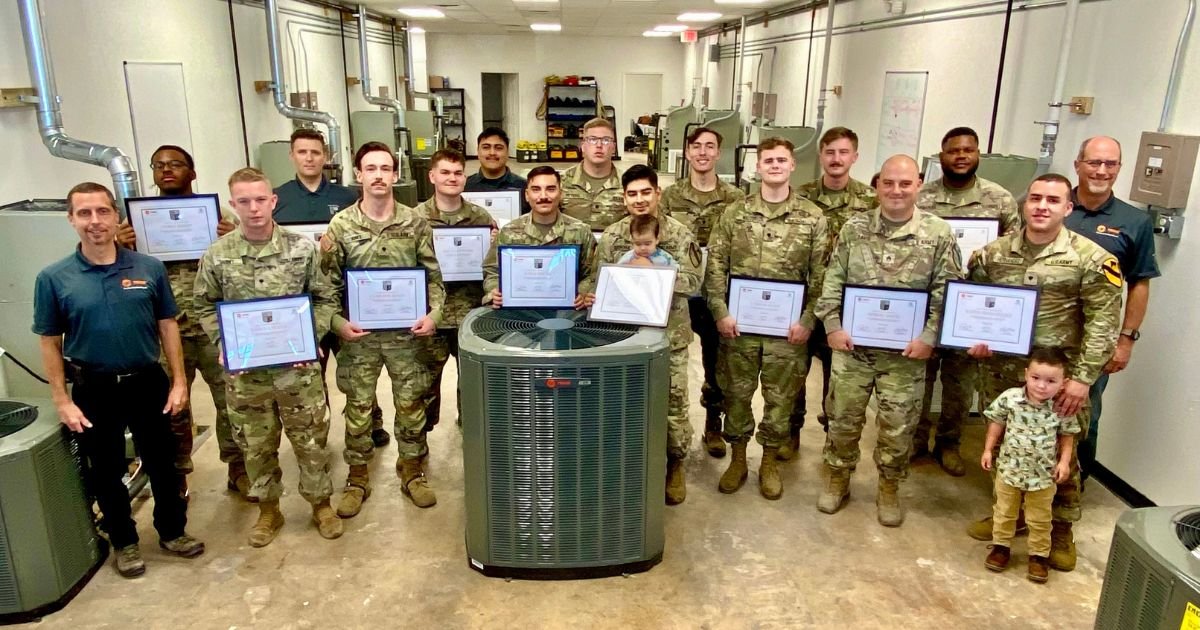College costs are relentless—average tuition hit $41,540 for private schools in 2025, per the College Board, leaving many students buried in debt before they even graduate. But need-based scholarships offer a lifeline, awarding billions annually to low-income learners without repayment. Unlike merit awards, these prioritize financial hardship, often via FAFSA data, making higher education attainable for first-gen, underrepresented, or economically challenged students. In 2025-2026, with inflation easing but costs up 3%, funding pools exceed $5 million across platforms like Scholarships360 and Bold.org, targeting everything from Pell-eligible undergrads to grad dreamers.
These scholarships aren't just cash; they're equity engines. The U.S. Department of Education reports that need-based aid boosts enrollment by 15% for low-income families, closing gaps where only 20% of such students complete degrees debt-free. From federal giants like the Pell Grant to private gems like the Jack Kent Cooke, opportunities abound for high school seniors, current undergrads, and beyond. As of October 2025, deadlines are rolling—many in November-December—so this guide equips you with the top 12 need-based scholarships, eligibility breakdowns, application strategies, and insider tips. Drawn from fresh listings on Scholarships360 and Bold.org, it's your blueprint to $50,000+ in free aid. Let's turn financial stress into scholastic success.
Why Need-Based Scholarships Are Essential in 2025
In an era of economic uncertainty, need-based aid is more critical than ever. The National Center for Education Statistics shows low-income students (family income under $30,000) face 50% dropout rates due to costs, yet recipients of such scholarships graduate 25% faster. These programs assess need via Expected Family Contribution (EFC) from FAFSA—now simplified under the FAFSA Simplification Act—or CSS Profile for privates. Benefits extend beyond tuition: stipends for books, laptops, even internships.
For 2025-2026, expect expansions—Biden-era policies increased Pell max to $7,395, aiding 6.5 million students. Private funders like Bold.org emphasize diversity, with 150+ need-based options for underrepresented groups. Pro tip: File FAFSA by October 1, 2025, for priority state aid; it unlocks 90% of need-based pots.
Top 12 Need-Based Scholarships for 2025-2026: Your Must-Apply List
Curated from leading databases, these scholarships focus on financial need, with quick-apply options. We've prioritized high-value, accessible ones open now.
- Federal Pell Grant (studentaid.gov) The cornerstone of need-based aid, non-repayable for undergrads. Award: Up to $7,395/year (based on EFC). Deadline: Rolling through June 30, 2026. Eligibility: Undergrads with EFC under $7,395; no citizenship test. Tip: Auto-applies via FAFSA; 30% of recipients get max amount.
2. Jack Kent Cooke Foundation College Scholarship (jkcf.org) For high-achievers with unmet need. Award: Up to $55,000/year for 4 years. Deadline: November 12, 2025. Eligibility: HS seniors, GPA 3.5+, financial need via FAFSA/CSS. Tip: Include leadership essays; 100 awards annually.
3. “A Helping Hand” Scholarship (scholarships360.org) Supports low-income passion for education. Award: $1,000. Deadline: February 28, 2026. Eligibility: HS seniors (Class of 2026), undergrad/grad; essay-based. Tip: Boost odds with platform activity during FAFSA month.
4. $10,000 "No Essay" Scholarship (scholarships360.org) Effortless aid via profile review. Award: $10,000. Deadline: June 30, 2026. Eligibility: All students; interviewed finalists. Tip: Maximize platform engagement for selection.
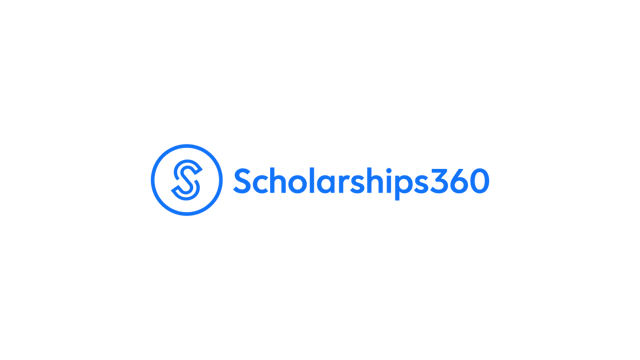
5. Ron Brown Scholar Program (ronbrown.org) For Black/African American leaders. Award: $10,000/year + mentorship. Deadline: December 1, 2025. Eligibility: HS seniors, U.S. citizens, community focus. Tip: Submit two 500-word essays and recs.
6. Dell Scholars Program (dellscholars.org) Holistic support for Pell-eligible. Award: $20,000 + laptop/textbooks. Deadline: December 2026 (TBD). Eligibility: HS seniors in readiness programs. Tip: Highlight resilience; 500 winners.
7. Bright Lights Scholarship (bold.org) For underrepresented/first-gen overcoming barriers. Award: $1,200. Deadline: December 12, 2025. Eligibility: HS/undergrad minorities/first-gen. Tip: Share obstacle stories in short form.

8. Golden Door Scholars Program (goldendoorscholars.org) Full ride for immigrants/DACA. Award: Tuition/room/board for 4 years. Deadline: December 2025 (TBD). Eligibility: Undocumented/low-income HS seniors. Tip: Emphasize community impact.
9. Daniels Scholarship Program (danielfund.org) Regional aid for Western states. Award: $7,500–$25,000. Deadline: October 17, 2025. Eligibility: HS seniors from CO/NM/UT/WY, AGI <$100K. Tip: Meet SAT/ACT mins.
10. Slater Miller Memorial Scholarship (bold.org) Trade school focus for low-income. Award: $6,450. Deadline: November 2025 (est.). Eligibility: Trade students with volunteer exp. Tip: Honor legacy via service narrative.

11. Manny and Sylvia Weiner Medical Scholarship (weineredscholars.org) For aspiring MDs in need. Award: Up to $6,117. Deadline: November 30, 2025. Eligibility: Pre-med undergrads/medical students. Tip: Demonstrate financial need clearly.
12. Purple Dream Scholarship (bold.org) Empowers single-mother first-gens. Award: $1,055. Deadline: December 21, 2025. Eligibility: Low-income single moms pursuing undergrad. Tip: Highlight determination in essay.
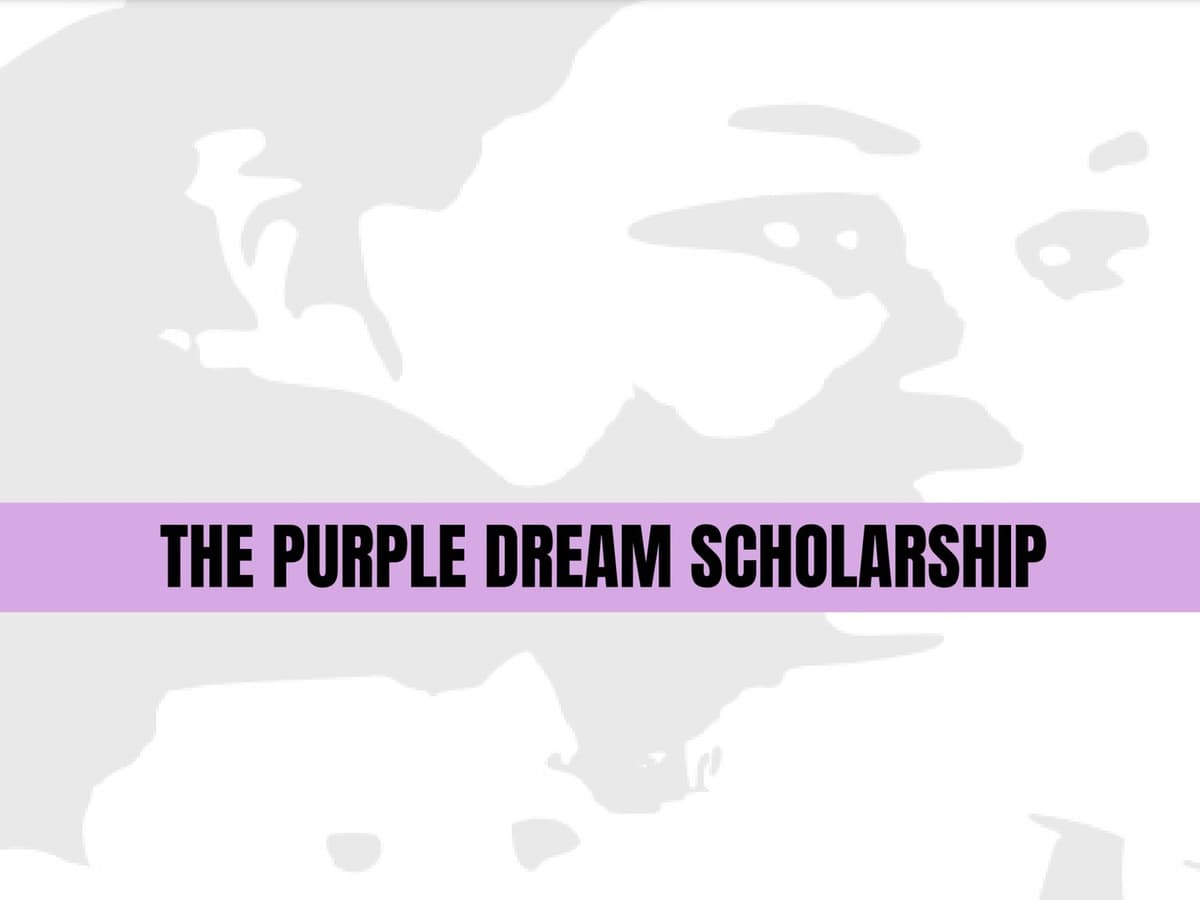
These total over $150,000 potential per applicant; apply to 5+ for stacking.
How to Apply: A Step-by-Step Roadmap
- File FAFSA/CSS: Start at studentaid.gov (free) or cssprofile.collegeboard.org ($25+); calculate EFC accurately. Deadline: Varies, but early bird gets priority.
- Research & Match: Use Scholarships.com or Bold.org for personalized lists—free profiles yield 10+ matches weekly.
- Gather Docs: Transcripts, tax returns, rec letters. For essays, use STAR method (Situation, Task, Action, Result) to showcase need without pity.
- Submit Digitally: Most via portals; track with apps like Going Merry. Budget 1-2 hours per app.
- Follow Up: Confirm receipts; appeal denials with updated finances.
Pro Tips to Maximize Your Need-Based Wins
- Layer Aid: Combine federal (Pell) with private—up to 70% of students qualify for multiple.
- Tailor Narratives: Quantify need (e.g., "Single-parent household, $25K income") and tie to goals.
- Deadlines Matter: October-November rush; set Google Alerts for "2025 need-based scholarships."
- Seek Help: Free counselors via College Goal Sunday or Reddit's r/ApplyingToCollege.
- Avoid Pitfalls: Update FAFSA mid-year for income changes; no fees for legit aid.
Women and minorities: Target orgs like UNCF ($100M+ yearly) for boosts.
Challenges and How to Overcome Them
Need-based apps expose vulnerabilities—stigma or incomplete docs trip 40% up. Solution: Anonymize essays; use school aid offices. Verification delays? Scan docs early. Low EFC but no award? Appeal with special circumstances like medical bills. Mental toll? Join forums like StudentsWithNoDebt for solidarity.
The 2025-2026 Outlook: Brighter Horizons Ahead
With $2.5 billion in federal need-based aid projected, plus private surges post-recession, 2026 looks robust. Trends: More for community colleges (50% low-income) and adult learners. States like California expand Cal Grants to $10K+. Tech aids like AI essay tools on Bold.org streamline apps.
Need-based scholarships aren't charity—they're justice, fueling diverse leaders. In 2025, don't let costs clip your wings. File that FAFSA today, craft your story, and apply boldly. Your degree—and debt-free future—awaits. What's your first step?
.jpg)


